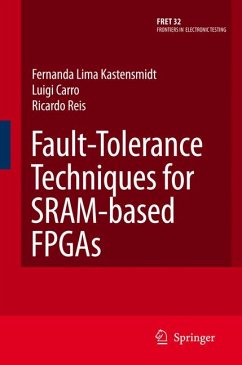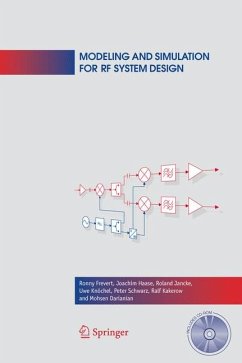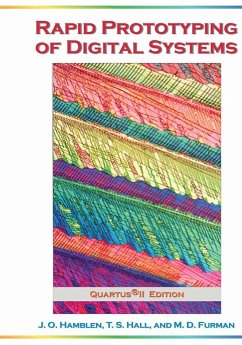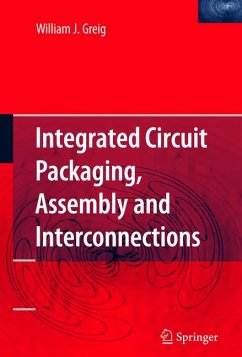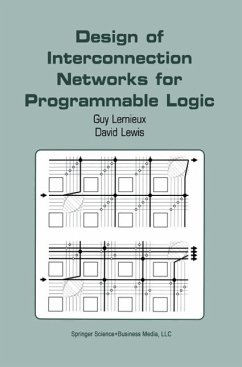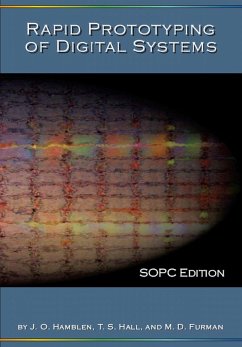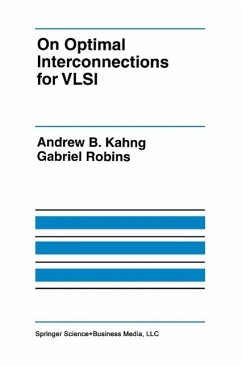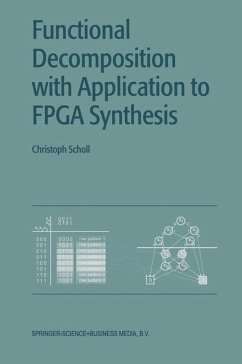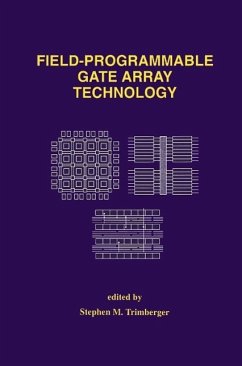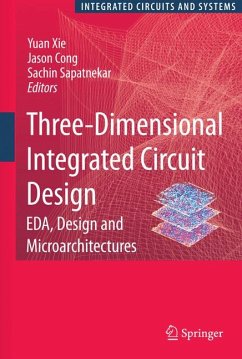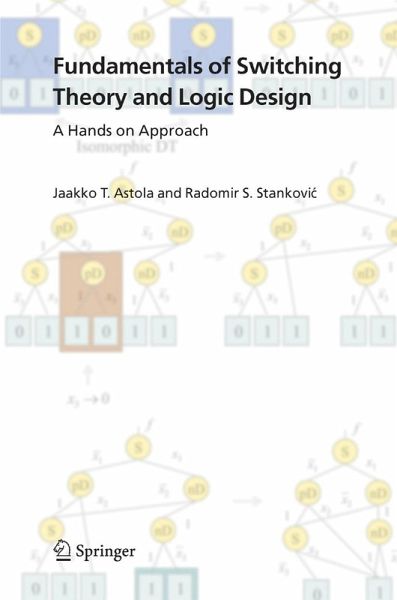
Fundamentals of Switching Theory and Logic Design (eBook, PDF)
A Hands on Approach
Versandkostenfrei!
Sofort per Download lieferbar
40,95 €
inkl. MwSt.
Weitere Ausgaben:

PAYBACK Punkte
20 °P sammeln!
Fundamentals of Switching Theory and Logic Design discusses the basics of switching theory and logic design from a slightly alternative point of view and also presents links between switching theory and related areas of signal processing and system theory. Switching theory is a branch of applied mathematic providing mathematical foundations for logic design, which can be considered as a part of digital system design concerning realizations of systems whose inputs and outputs are described by logic functions.
Dieser Download kann aus rechtlichen Gründen nur mit Rechnungsadresse in A, B, BG, CY, CZ, D, DK, EW, E, FIN, F, GR, HR, H, IRL, I, LT, L, LR, M, NL, PL, P, R, S, SLO, SK ausgeliefert werden.



